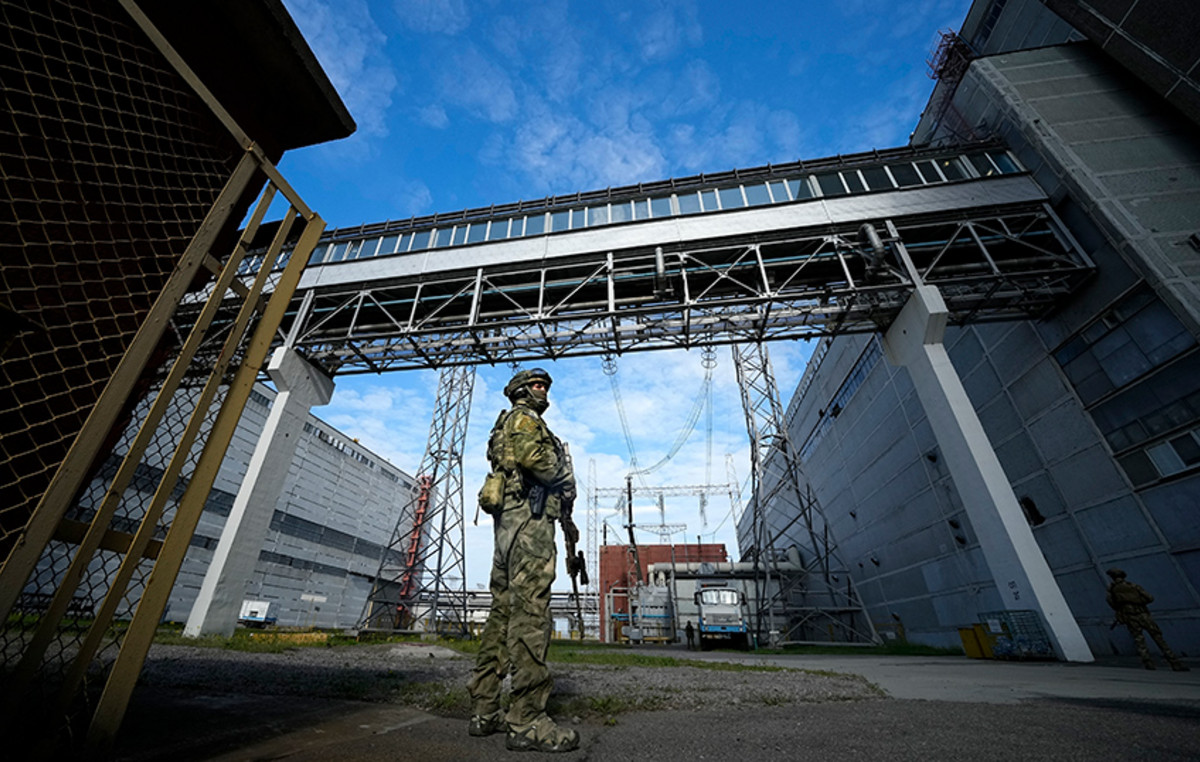Internal and external locks can make the process of changing Petrobras directors take up to 40 days. President Jair Bolsonaro’s order for Caio Mario Paes de Andrade, president of the state-owned company for two days, collides with the company’s succession plan and the rules of control bodies.
Petrobras sources heard by the CNN point out that the most time-consuming scenario is for people who would not meet the technical requirements, but who could be accepted in the most important positions of the state-owned company, depending on the political force that Paes de Andrade muster for this.
Every director candidate must be approved by the Board of Directors. But before that, it is necessary to be approved by the People’s Committee, the COP, which is made up of directors and independent members. And before going to the COP, you need to go through the Compliance department, which will background check the nominees.
At the moment, analysts in this area are engaged in a priority task: evaluating the documents and producing reports on the other seven government nominees for the Board of Directors, so that a new Extraordinary General Meeting can be called. Then the eventual analysis of directors would enter the queue.
In addition, years ago, the Federal Audit Court questioned the number of directors brought from outside the state-owned company to command Petrobras.
In response, the company approved a succession plan, which provides for senior positions to be occupied by internal staff. This is not an impediment to bringing in executives from outside, but the People Committee, in theory, would have to demonstrate that they are professionally superior to internal staff.
Petrobras sources heard by the CNN outline three possible scenarios: the first, to replace a current director with his successor according to the plan, which is reviewed annually and was endorsed by the Board in early 2022. In this case, an exchange is simpler and can take 10 to 15 days, not least because the background check would already be advanced because they are Petrobras employees.
In a second, intermediate-term scenario, the president could eventually bring in people with technical capacity, but who are outside Petrobras’ staff. One possibility is to look for names in banks or even retired Petrobras employees. With a good resume and no reservations about integrity, the process would take 20 to 30 days.
In a third scenario, in the case of looking for someone from outside who is clearly less competent than the current occupants of the state’s top management, between decision, appointment and actual ownership, the people who accompany this process within Petrobras estimate 30 to 40 days.
control bodies
Proceedings that deviate from the goals and plans outlined by Petrobras and from the agreements signed with supervisory bodies could lead to investigations about Petrobras and impact the price and cost of fuel, in addition to a possible devaluation of shares.
Sources at the state-owned company point out as more critical the eventual exchanges of Cláudio Mastella, executive director of Trading and Logistics, and Rodrigo Araujo Alves, executive director of Finance and Investor Relations.
Mastella is responsible for touching the company’s pricing policy, targeted by the federal government. Alves, on the other hand, is the CFO, thus taking care of the state-owned company’s financial health.
Changing one of these two pieces could draw the attention of the Brazilian Securities and Exchange Commission (CVM), which is already investigating the replacement of the president in two cases, or even the SEC (Securities & Exchange Commission), which is equivalent to the CVM in the United States. States, since the state-owned company has shares listed on the New York Stock Exchange.
The TCU, on the other hand, may adhere to the company’s so-called ‘Nomination Policy’, which was also reformed after the Car Wash. In the 2019 management report, the company explains that this policy established at the state-owned company ‘explains the strengthening of the principles of transparency, equity, accountability, corporate responsibility, independence, focus on results and diligence regarding the selection, appointment and evaluation processes of the company. eligibility of nominees, which must be observed in conjunction with the law and our Bylaws’.
The policy was instituted in 2016 and last revised in 2020. The interpretation of Petrobras’ top management is that these possible layers can even be torn down, but wrong decisions in choosing an employee, supplier or signing a contract, can end up causing legal consequences for those responsible for many years.
Source: CNN Brasil
I am Sophia william, author of World Stock Market. I have a degree in journalism from the University of Missouri and I have worked as a reporter for several news websites. I have a passion for writing and informing people about the latest news and events happening in the world. I strive to be accurate and unbiased in my reporting, and I hope to provide readers with valuable information that they can use to make informed decisions.







